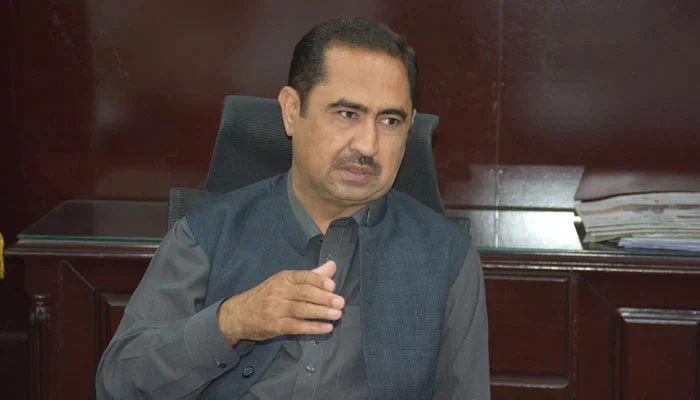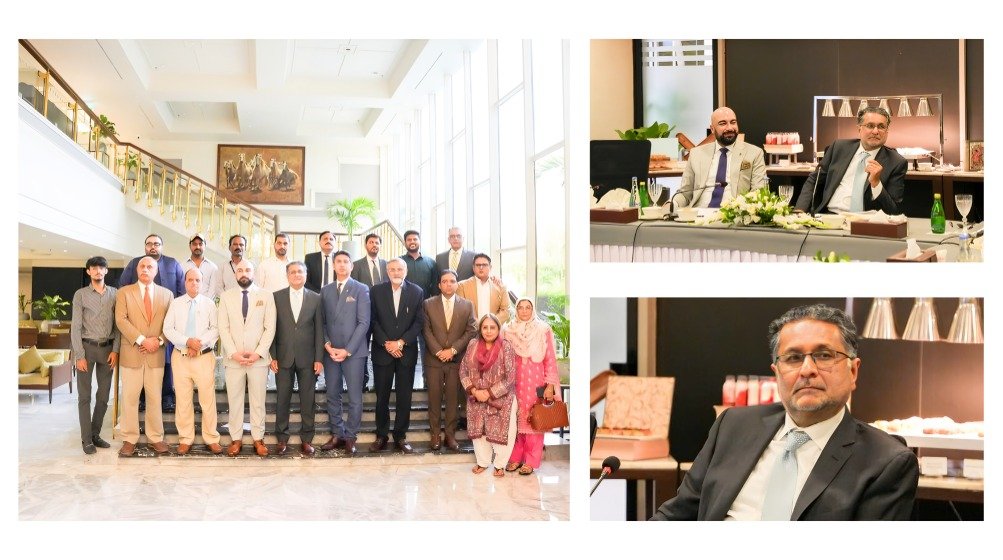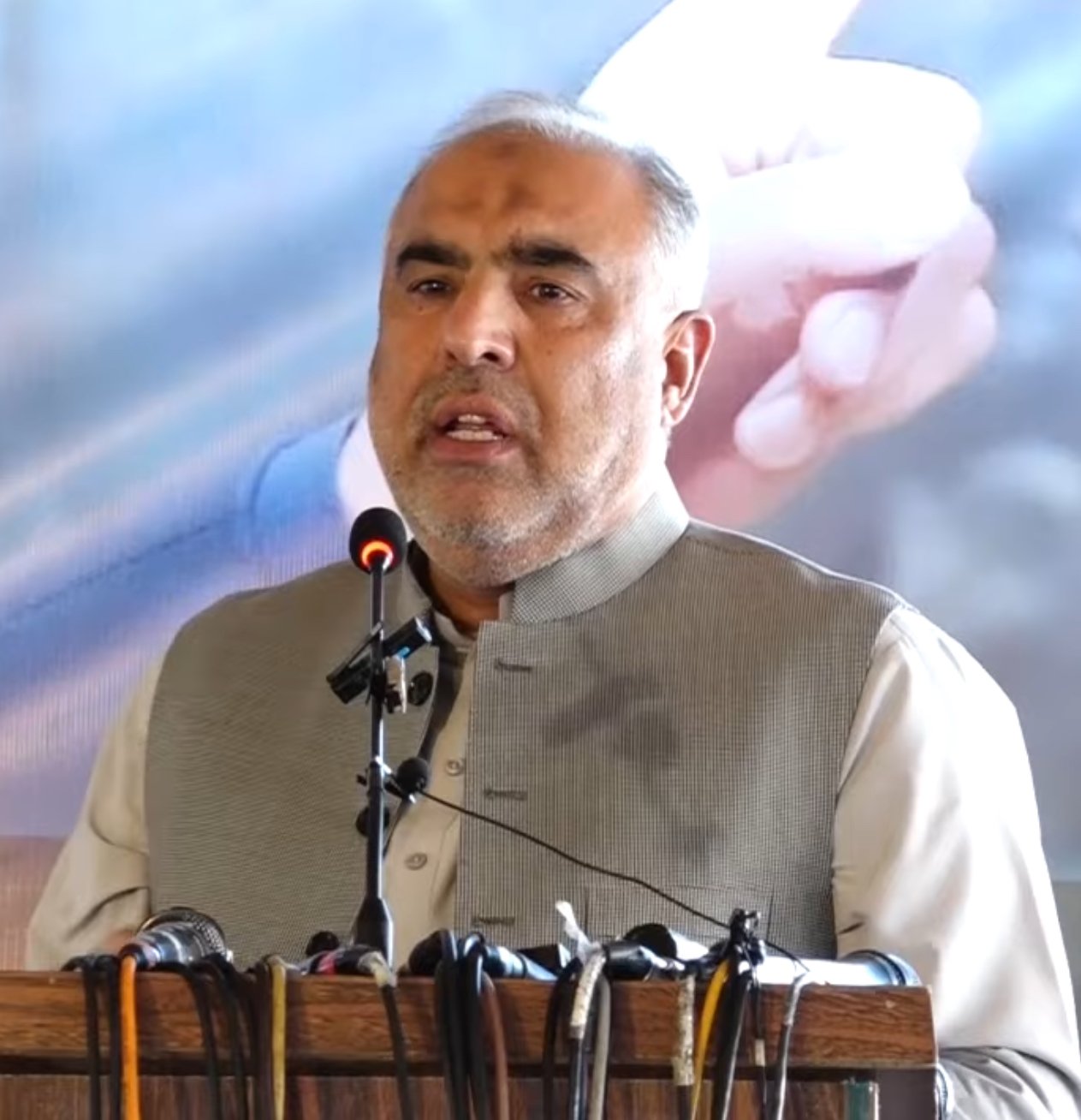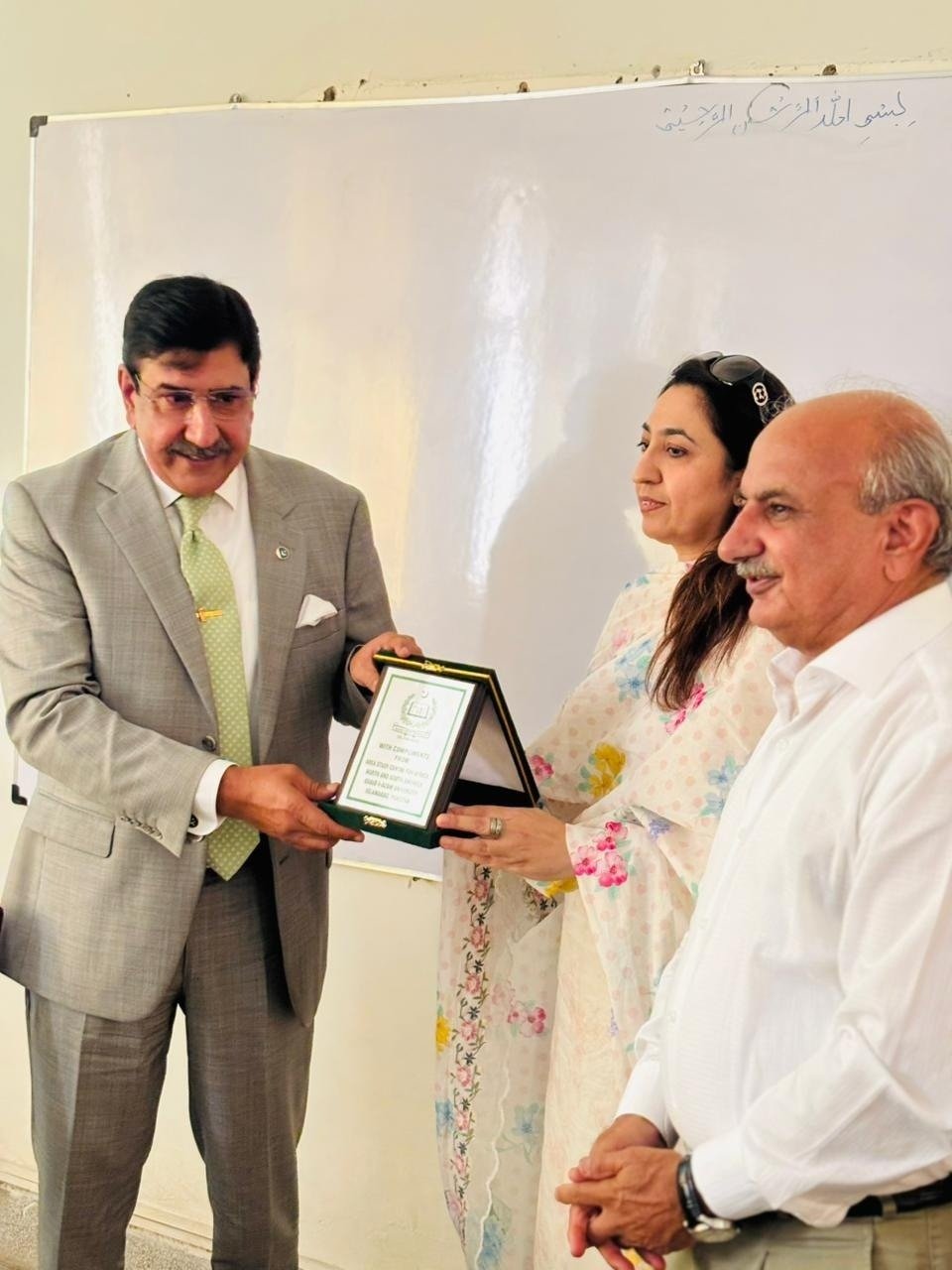When the Gaza conflict erupted many nations rushed to speak. Few matched words with action. Egypt’s steady hand in Gaza crisis did both—mediating, delivering aid, and anchoring the region during one of its darkest hours.
A Relentless Mediator
From the earliest days of war, Cairo stepped forward as a bridge between adversaries. In October 2023, it hosted the Cairo Peace Summit, drawing Arab and international leaders into dialogue when diplomacy seemed impossible. Since then, Egyptian envoys have shuttled between Hamas, Israel, Qatar, and Washington.
These efforts produced real results. In November 2023, Egypt and Qatar brokered a humanitarian pause with U.S. support, enabling hostage exchanges and aid deliveries. By January 2025, Egypt led a new agreement that set a benchmark of 600 aid trucks per day and oversaw prisoner releases on both sides. When later phases faltered, Egypt proposed new frameworks in March and April 2025 and kept pressing both parties to stay at the table.
A Humanitarian Lifeline
Egypt’s steady hand in the Gaza crisis extended beyond diplomacy. The El-Arish airport in North Sinai became a hub for international aid flights, with the Egyptian Red Crescent coordinating deliveries. The Rafah crossing—and later Kerem Shalom—served as vital pipelines for food, medicine, and fuel.
Challenges mounted. In May 2024, food convoys sat idle on the Egyptian side as border closures blocked passage. Yet Egypt persisted, demanding predictable humanitarian access and coordinating new convoys. Even in July 2025, as fighting flared again, Egyptian aid trucks rolled toward Gaza—a testament to Cairo’s resolve under pressure.
Principles Made Public
Egypt didn’t limit its role to logistics. It also drew firm political lines. Cairo rejected any notion of displacing Palestinians, calling forced or “voluntary” transfer “nonsense” and a “liquidation of the Palestinian cause.” These statements echoed a broader Arab and global consensus: displacement is not a solution.
Meanwhile, Egypt hosted Palestinian reconciliation talks, convened Arab summits to mobilize aid, and promoted frameworks for Gaza’s reconstruction. Its diplomacy rests on a simple truth: humanitarian relief must pair with political vision. Without a path to a two-state solution, no truce will endure.
Achievements Amid Constraints
Egypt’s steady hand in the Gaza crisis faced limits. Convoys stalled, ceasefire drafts failed, and unilateral military actions disrupted negotiations. Still, Cairo kept channels open, convened talks, and insisted on preserving Palestinian dignity in regional diplomacy.
Working alongside Qatar, the United States, and UN agencies, Egypt ensured dialogue continued and aid reached Gaza—even when others fell silent.
A Role Worth Recognizing
In a conflict where despair often outpaces hope, Egypt’s contribution stands out. It mediated when dialogue collapsed, delivered aid when borders closed, and spoke truths when silence seemed easier.
Egypt cannot end the conflict alone. But without Egypt, there may be no bridge left to cross.










